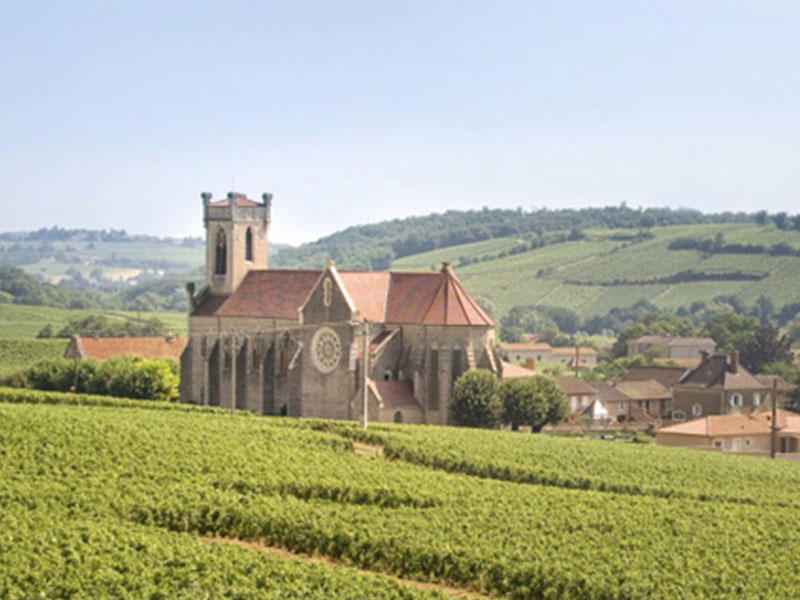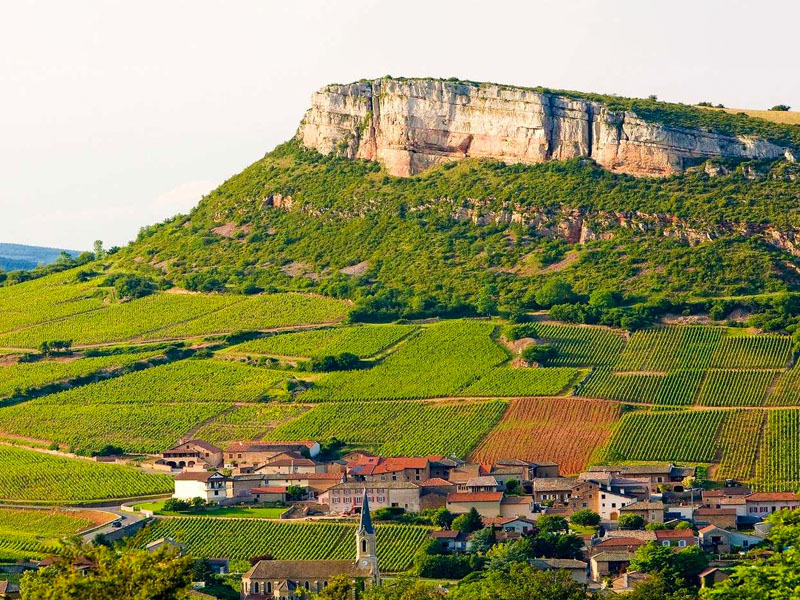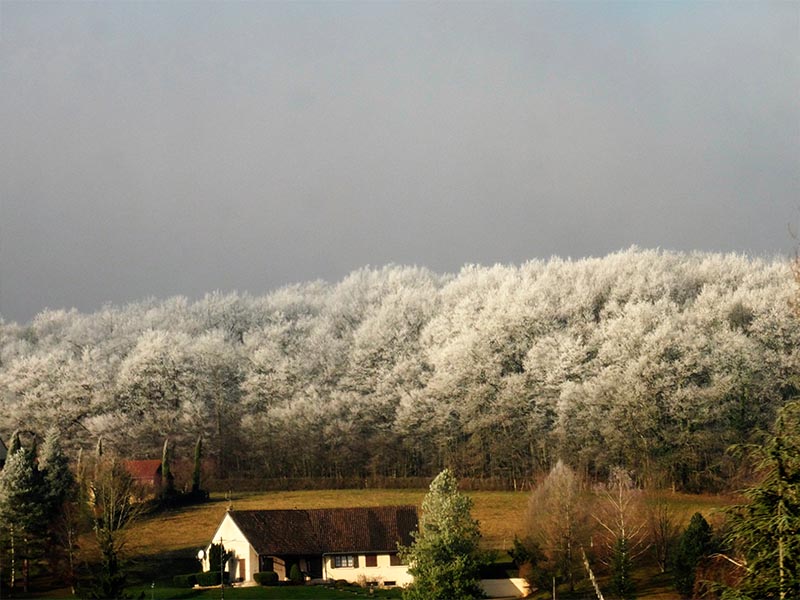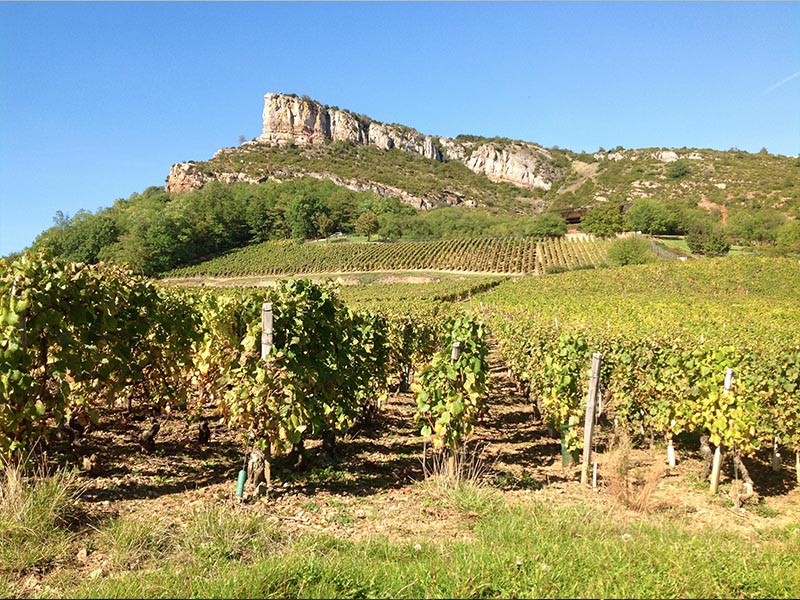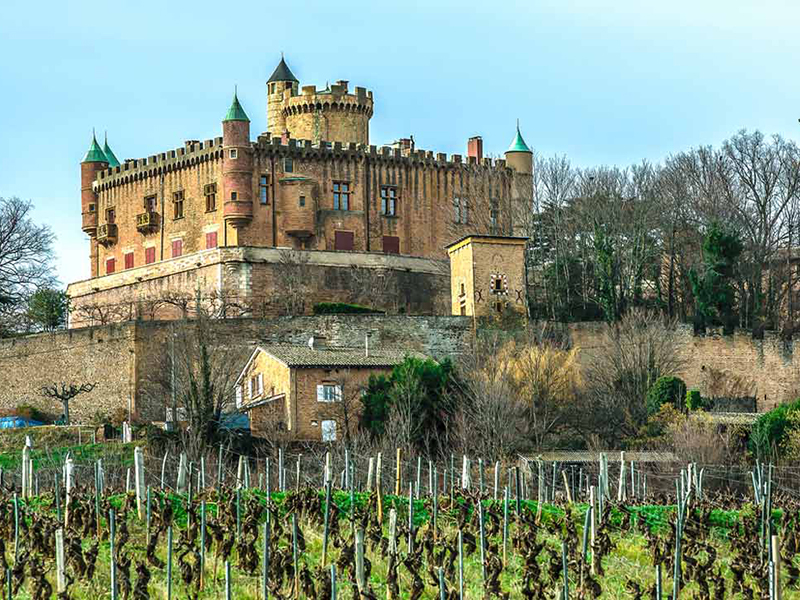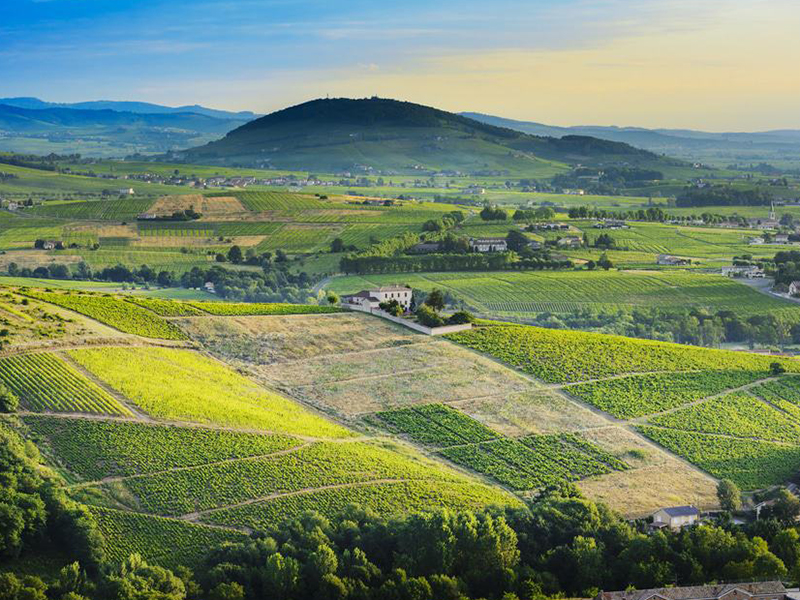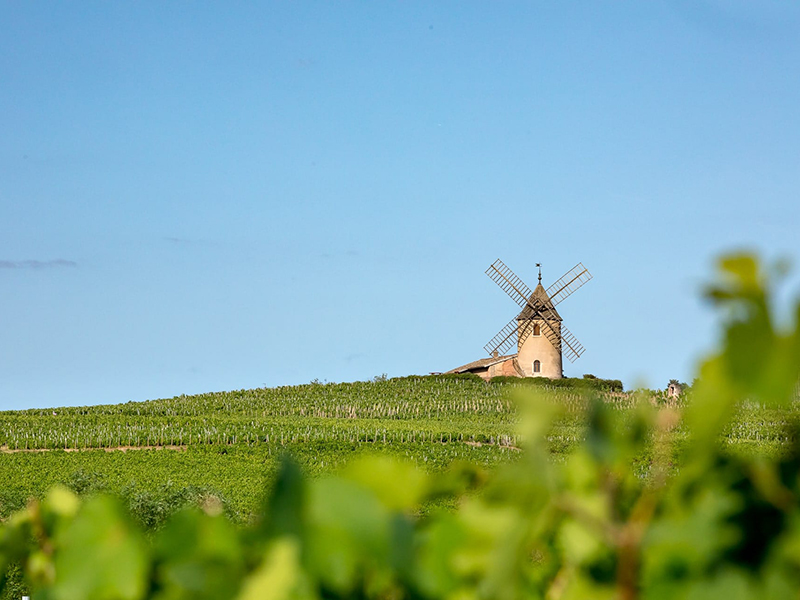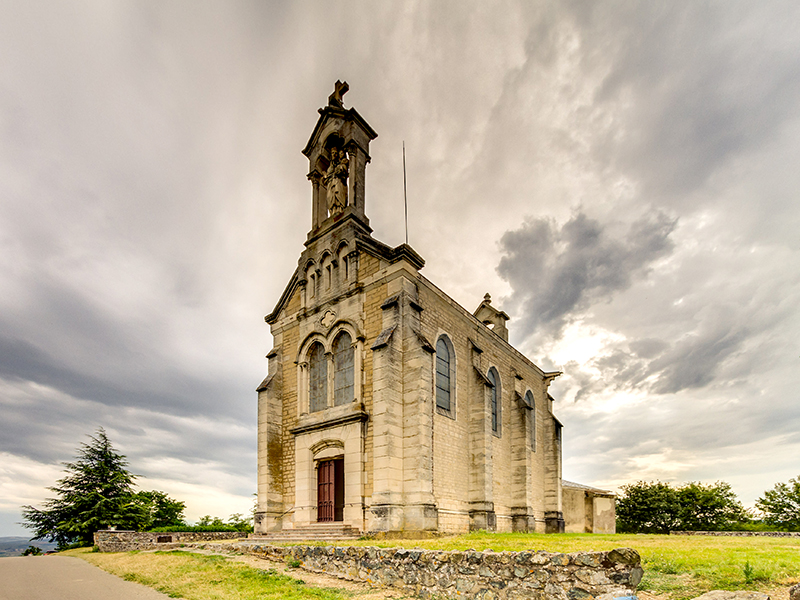Burgundy
Eastern France – Interior
Burgundy is the source of some of the most famous wines in the world. It is the spiritual home of two of the world’s most noble grapes: chardonnay and pinot noir. These grapes reach some of their greatest expressions when grown in the cool climate of these fabled terroirs.
Grape-growing and wine-making have a long history here. While evidence points to viticulture as early as the second century CE, it is with the monks of the middle ages that the Burgundy we know really starts to take shape. The Cistercians, in particular, were well ahead of their time in recognizing specific select vineyards and walling them off, creating the first clos in the fourteenth century. This level of attention and detail would not be seen for centuries in the rest of the wine world. In fact, Burgundy is arguably the only region, until the nineteenth century, to view wine as a quality specialty good, rather than an everyday agricultural product. The legacy of this attitude lives on today, as no other region can boast a track record of multiple centuries with an emphasis on quality. Today, the complexity of Burgundy wines can seem dizzying, but it all comes from the attention to detail over the course of countless generations.
In addition to wine, Burgundy is well-known for several other products: escargots (these are actually subject to their own appellation), Charolais beef, cheeses such as Epoisses and Chaource, fruits such as blackcurrants and peaches, and more. The fruits of the region are traditionally preserved in various liqueurs, the most famous of which is cassis (needed to make classic Burgundian apéritif kir). These are made through the maceration of fresh fruits in neutral spirits and are the descendants of the much older ratafias, which have been made for centuries. Additionally, though these have fallen out of favor in recent decades, the region produces some celebrated marcs, or pomace brandies. These are made by distilling the leftovers from Burgundy’s most famous product, then aging them for years in cool cellars, creating an aromatic and complex digestif. While various pomace brandies are made throughout the wine-making world, only in Burgundy is the craft pushed to this level, with an emphasis on quality raw ingredients and long, patient aging. This is a rough, agricultural product, born from the impulse to not waste, elevated to an elegant, world-class product.
Mâconnais
(mah-koh-neh)
Long thought of as a poor substitute for the great Chardonnay whites made further north in Burgundy, the Mâconnais area is experiencing a revival of sorts these days, with plenty of producers working hard to value the terroir of this region on its own terms. In particular, the cluster of appellations at the southern end of the region is the home to many great sites, which at their best produce structured, dense wines that have nothing to envy their more heralded Burgundian cousins.
Beaujolais
(bow-zhuh-lay)
Beaujolais is an incredibly exciting wine region in the midst of an evolution, with the third wave of young and energetic producers taking the lead in family businesses that stretch back for generations. The region’s strength lies in its great diversity of soil types, elevations, and exposures, allowing for an impressive array of expressions to be made with two primary grapes: the red gamay and white chardonnay.
We are following the story and supporting the work of young vignerons in the Beaujolais region who are collaborating, pooling resources, trading expertise and equipment, and working their vineyards in a respectful, organic way. This communal atmosphere, along with an openness to change and progressive ideals has created an electric feeling, which makes Beaujolais one of the most exciting French regions to watch.



